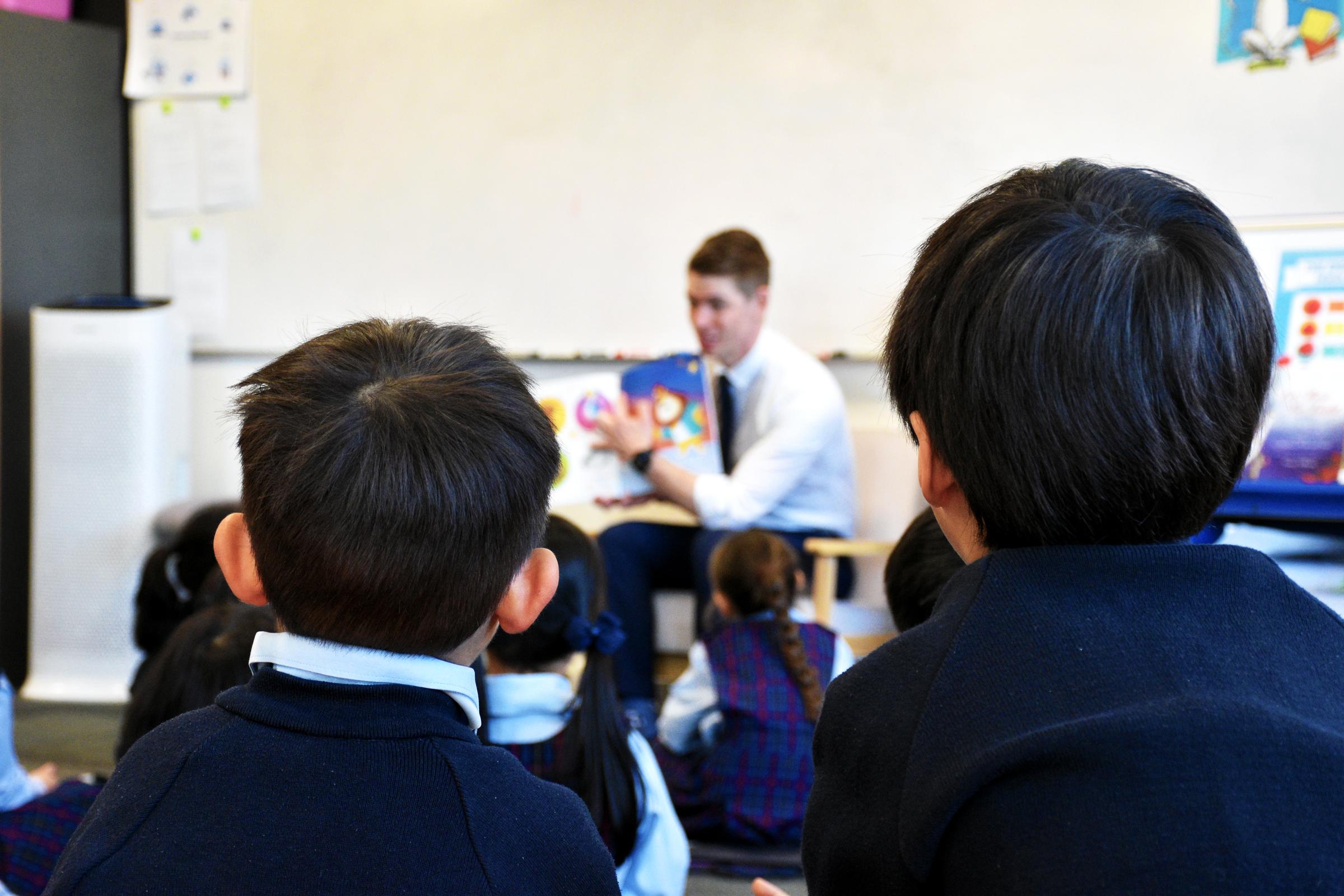LEARNING AND TEACHING

Learning Support
This term has been busy with the Student Support Group meetings (SSGs) running. It is always a wonderful time to meet with parents and sometimes students and celebrate the growth that has been made. Partnering with parents is crucial to ensure the best outcomes for our students.
Week 8 was Learning Assistant Appreciation Week. We encouraged, thanked and celebrated our wonderful Learning Assistants for all that they do to support staff and students. We are truly blessed with our beautiful team.
The Autism Spectrum Parent Support group has only met once this term and we are planning for two meetings in Term 4. Our primary aim is to provide an opportunity for parents to connect with other parents who are faced with the challenges of a child who has autism. All are welcome.
The next meeting will be held on campus on Wednesday 12th October from 9 – 10am in the Learning Support rooms. Our guest speaker is Nick Haines!
Shirley Gillie
Head of Learning Support
Focus On Executive Function
Executive function is a set of mental skills that include working memory, flexible thinking, and self-control. We use these skills every day to learn, work, and manage daily life. Trouble with executive function can make it hard to focus, follow directions, and handle emotions, among other things. Executive function can be referred to as the management system of the brain. This is because the skills involved let us set goals, plan, and get things done. When people struggle with executive function, it impacts them at home, in school, and in life.
Executive function is responsible for many skills, including:
- Paying attention
- Organising, planning, and prioritising
- Starting tasks and staying focused until completion
- Understanding different points of view
- Regulating emotions
- Self-monitoring (keeping track of what you’re doing)
People struggling with executive skills may:
- Have trouble starting and/or completing tasks
- Forget what they just heard or read
- Have trouble following directions or a sequence of steps
- Have trouble switching focus from one task to another
- Have trouble organising their thoughts
- Have trouble keeping track of their belongings
- Have trouble managing their time
Teaching students appropriate strategies helps them develop keys of how to learn. They need strategies that help them acquire information (e.g. how to ask questions), remember information (e.g. note-taking), and expressing information (e.g. creating an outline). These strategies can help students become independent learners.
Some ways to support your child/student:
- Have clear and consistent routines and procedures.
- Provide visual supports such as posters with problem-solving steps or routines, and colour-coded schedules and folders. Consider highlighting key words and ideas in texts.
- Minimize clutter.
- Set goals.
- Review before moving on to new information.
If you have further questions or concerns, please feel free to contact one of the Learning Support Teachers.
Shirley Gillie – Head of Learning Support
Kerryn Terrington – Learning Support Teacher – Secondary
kterrington@standrews.vic.edu.au
Josie Mayer – Learning Support Teacher – Primary
Shirley Gillie
Head of Learning Support
